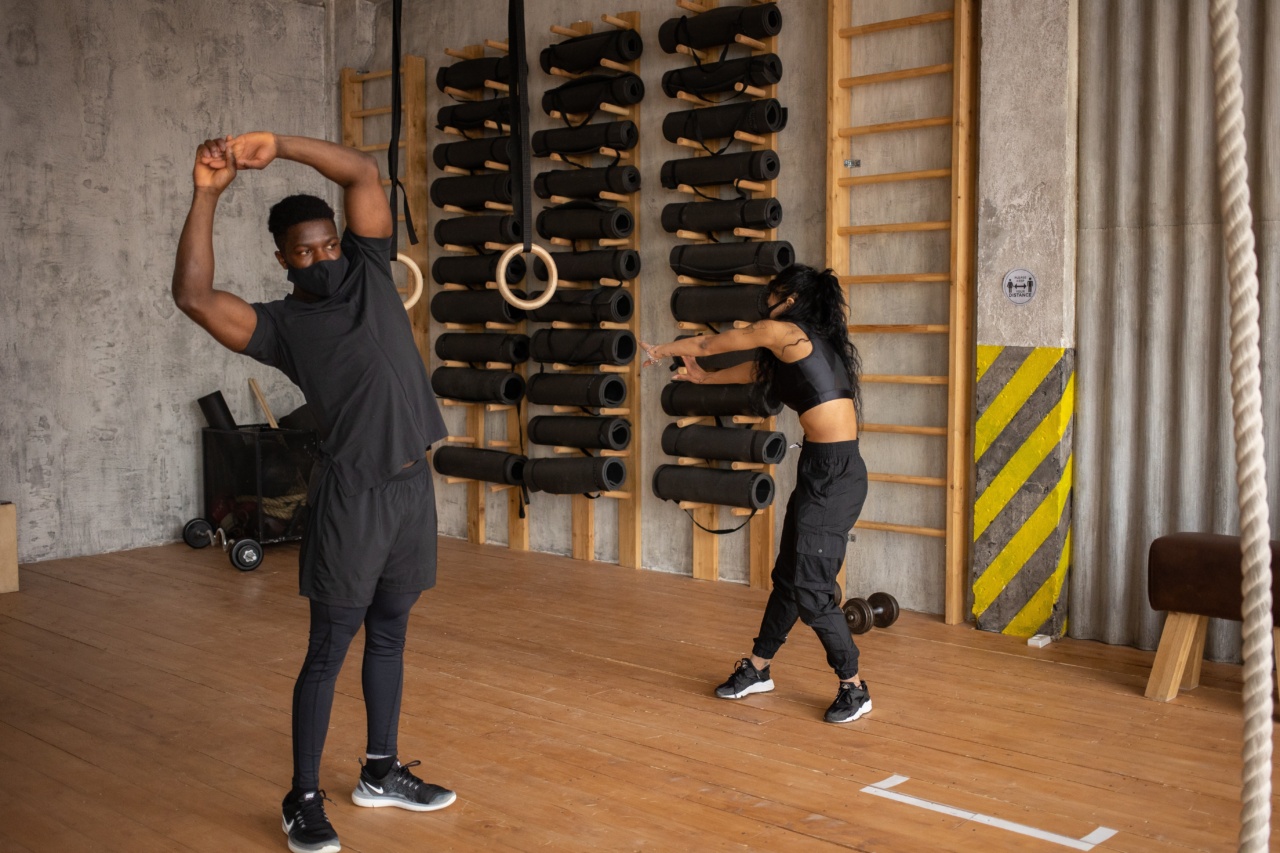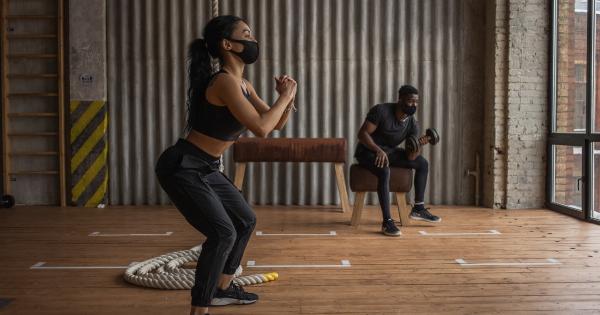Strong and healthy bones are vital for maintaining a good quality of life. They provide support for our bodies, protect our organs, and allow us to move freely.
However, as we age, our bones naturally begin to lose density and become more susceptible to fractures and conditions like osteoporosis.
Osteoporosis is a progressive bone disease that causes the bones to become porous and weak, leading to an increased risk of fractures.
It affects millions of people worldwide, predominantly women, but it can be prevented or managed through a combination of lifestyle choices, including regular exercise.
The Importance of Exercise for Healthy Bones
Exercise is not only essential for maintaining overall health and well-being, but it also plays a crucial role in preserving bone health.
Weight-bearing exercises, such as walking, jogging, dancing, and weightlifting, are particularly effective in promoting bone strength and preventing bone loss.
When you engage in weight-bearing activities, your bones experience small amounts of stress, which triggers them to become stronger and denser over time.
These exercises stimulate the production of new bone tissue and help maintain and improve bone mineral density.
Recommended Exercises for Healthy Bones
1. Walking:.
Walking is a low-impact exercise that can be done by people of all ages and fitness levels. Aim for at least 30 minutes of brisk walking every day to promote bone health.
2. Jogging or Running:.
If you are physically capable, adding jogging or running to your routine can provide additional benefits for your bones. Just make sure to wear proper footwear and gradually increase your intensity to avoid injuries.
3. Dancing:.
Dancing is a fun and effective weight-bearing exercise that engages multiple muscle groups. Take dance classes or simply dance to your favorite tunes at home to improve bone health.
4. Weightlifting:.
Strength training exercises using weights or resistance bands can help build muscle and promote bone density. Focus on exercises that target major muscle groups, such as squats, lunges, and bicep curls.
Start with light weights and gradually increase the load as you gain strength.
5. Yoga and Pilates:.
Although not specifically weight-bearing exercises, yoga and Pilates can still contribute to bone health by improving balance, posture, and overall strength. These exercises promote body awareness and help reduce the risk of falls and fractures.
Considerations for Safe and Effective Exercise
While exercise is beneficial for bone health, it is essential to keep a few considerations in mind:.
1. Consult with a Healthcare Professional:.
If you have any existing medical conditions or concerns, it’s always a good idea to consult with a healthcare professional before starting a new exercise program.
2. Start Slowly:.
If you are new to exercise or have been inactive for a while, start slow and gradually increase the intensity and duration of your workouts. This approach will help prevent injuries and allow your body to adapt to the new demands.
3. Mix it Up:.
Engage in a variety of exercises that target different muscle groups and bone surfaces. This diversity will ensure that you are stimulating your bones in different ways and maximizing their benefits.
4. Pay Attention to Form and Technique:.
Whether you are lifting weights or practicing yoga, always prioritize proper form and technique to prevent injuries and get the most out of your exercises. Consider working with a qualified instructor or trainer if needed.
Lifestyle Factors That Support Bone Health
Exercise alone is not enough to maintain healthy bones. Several other lifestyle factors can contribute to optimal bone health:.
1. Balanced Diet:.
Aim to consume a well-balanced diet rich in calcium, vitamin D, and other essential nutrients for bone health. Include dairy products, leafy greens, nuts, and fortified foods in your meals.
2. Avoid Excessive Alcohol and Tobacco Use:.
Excessive alcohol consumption and tobacco use have been linked to an increased risk of osteoporosis and bone fractures. Limit your alcohol intake, and if you smoke, consider quitting.
3. Get Adequate Sunlight:.
Vitamin D is vital for the absorption of calcium and the health of your bones. Spend time outdoors to get natural sunlight, especially during the early morning or late afternoon when the sun is not too intense.
If necessary, talk to your doctor about vitamin D supplements.
4. Limit Caffeine Intake:.
High caffeine consumption has been associated with decreased bone mass. While you don’t have to completely avoid caffeine, try to moderate your intake by opting for decaffeinated beverages or limiting your daily caffeine consumption.
Conclusion
Healthy bones are a lifelong investment, and exercise plays a vital role in maintaining optimal bone health and preventing osteoporosis.
By engaging in weight-bearing exercises, following a balanced diet, and adopting other bone-friendly lifestyle habits, you can naturally protect your bones and enjoy a more active and independent life as you age.































